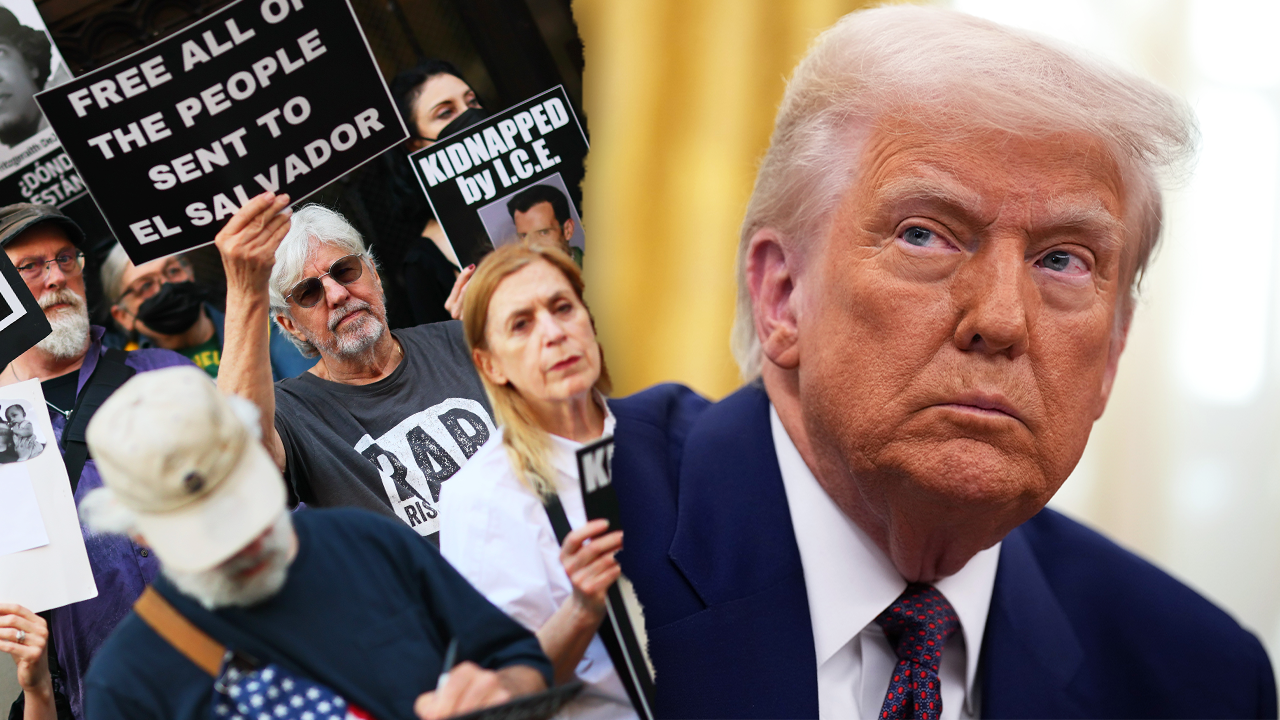MS-13 suspect returned to US amid questions over Trump deportation policy

The Trump administration made headlines on Friday with the announcement that Kilmar Abrego Garcia, a Salvadoran migrant and alleged MS-13 member, had been returned to the U.S. This move comes months after he was erroneously deported to El Salvador due to an administrative error. The administration also revealed a new federal indictment charging him with crimes related to transporting undocumented immigrants within the U.S.
This unexpected return of Abrego Garcia has raised questions about potential shifts in policy and compliance with court orders regarding deported migrants. It remains uncertain whether this case signifies a change in approach or is simply a one-time occurrence. The administration’s decision to bring him back also brings into question previous claims of being unable to compel El Salvador to facilitate the return of deported migrants.
The case of Daniel Lozano-Camargo, a Venezuelan immigrant deported under the Alien Enemies Act, has also garnered attention. U.S. District Judge Stephanie Gallagher ruled that his deportation violated a settlement agreement with DHS, which required immigrants to remain in the U.S. until their asylum cases were fully adjudicated. The U.S. Court of Appeals for the Fourth Circuit upheld this decision, paving the way for his return.
Another significant development was the compliance with a court order to return a mistakenly deported Guatemalan native, referred to as “O.C.G.” This marked the first known instance of the Trump administration adhering to a judge’s directive to bring back an individual deported based on incorrect information.
In a separate case, U.S. District Judge Brian Murphy ordered the administration to keep a group of six immigrants deported to South Sudan in U.S. custody until they have the chance to explain any fears of persecution or torture in their home country. These individuals remain detained in Djibouti, with concerns raised about their safety and well-being in the region.
Furthermore, Judge James Boasberg directed the Trump administration to provide deported non-citizens held at the CECOT maximum-security prison in El Salvador with the opportunity to seek habeas relief in court. This ruling emphasizes the importance of due process for migrants facing deportation under the Alien Enemies Act.
These cases highlight the complexities and legal challenges surrounding immigration policies and deportations under the Trump administration. The administration’s responses to court orders and compliance with legal requirements continue to be scrutinized, as questions persist about the treatment of deported migrants and adherence to established protocols.




